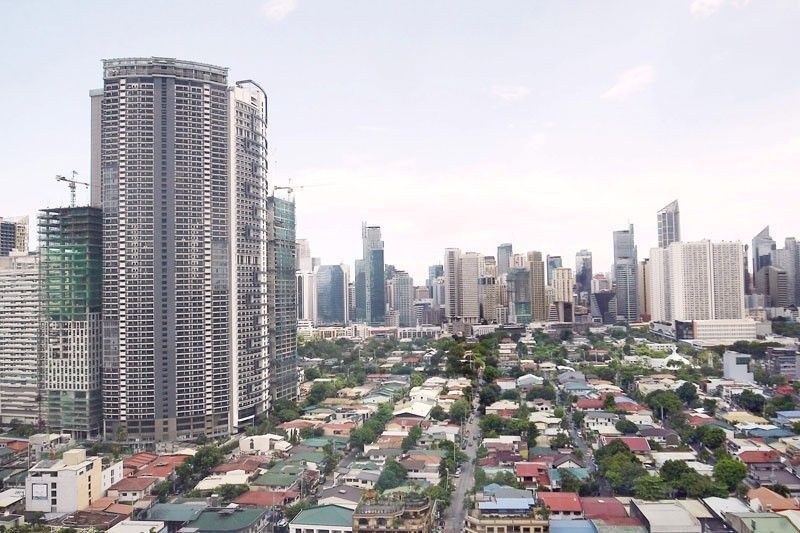Fitch affirms Philippines’ investment grade

MANILA, Philippines — Global debt watcher Fitch Ratings on Friday affirmed the Philippines’ credit rating on prospects of strong sustainable growth while overheating risks have “subsided.”
In a statement, Fitch kept the Philippines' long-term foreign-currency issuer default rating at “BBB” — a notch above minimum investment grade — with a “stable” outlook.
Credit ratings reflect the ability of a country to manage and pay back its debt and can influence a nation’s ability to attract foreign investment.
A higher rating can lower the cost of borrowing in foreign currencies for the Philippines.
According to Fitch, the Bangko Sentral ng Pilipinas’ back-to-back rate hikes last year doused fears that the Philippine economy might be expanding at an unsustainable level.
It also said the economy is expected to grow at more than 6% per year over the medium term, adding the country is projected to clock in a 6.1% growth rate in 2019 despite a slowdown recorded in the first quarter following a lackluster exports performance and weak state spending due to delays in the approval of a new national budget.
Fitch added it expects the Philippines’ foreign exchange reserves to “remain adequate,” making the Southeast Asian country less vulnerable to large outflows compared with some of its neighbors in the region “due to lower non-resident holdings of domestic debt.”
However, external headwinds like the ongoing US-China trade war could weigh on the domestic economy, Fitch warned.
“Growth will remain supported by strong private consumption and the government's public-investment programme,” the credit rater said.
“Downside risks to growth could come from the slowdown in China and spillovers from escalating US-China trade tensions,” it added.
Commenting on the Philippine government’s balance sheet, Fitch said revenue growth would likely improve to around 17% of the country’s gross domestic product by 2021 from 16.4% in 2018 as a result of the Duterte administration’s tax reform program. Fitch also estimates the budget deficit to settle at 3.1% of GDP this year, close to the government's target of 3.2%.
Moving forward, Fitch said factors that could trigger a positive rating action are “continued strong growth while maintaining macroeconomic stability, strengthening of governance standards and sustained broadening of the government's revenue base that enhances fiscal finances.”
Meanwhile, a “reversal of reforms or a departure from the existing policy framework that leads to macro instability, deterioration in external balances that reduces the resilience of the economy to shocks and instability in the financial system, possibly triggered by a sustained period of high credit growth” could drag down the Philippines’ credit rating.
Last April, S&P Global Ratings upgraded the Philippines’ credit rating from “BBB” to “BBB+” — bringing it a step closer to bagging a single “A” grade.
- Latest
- Trending































